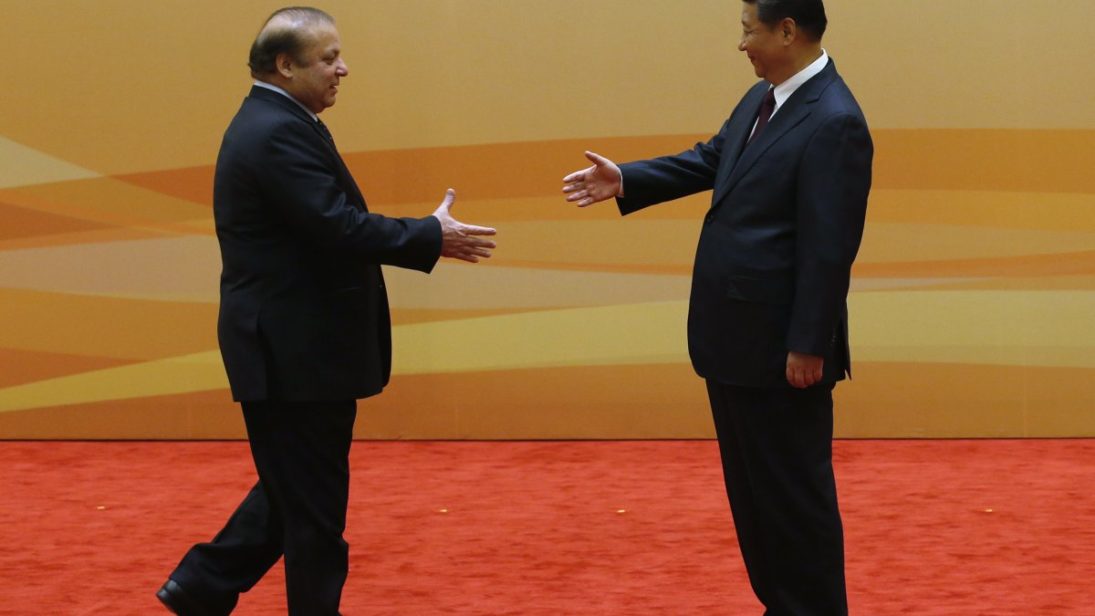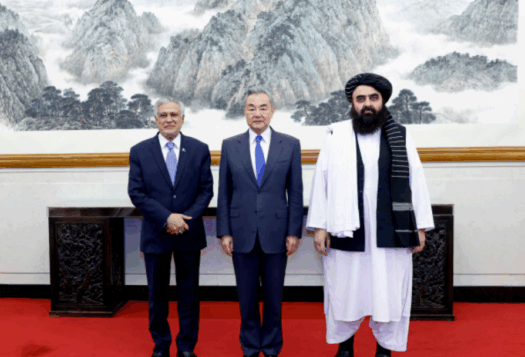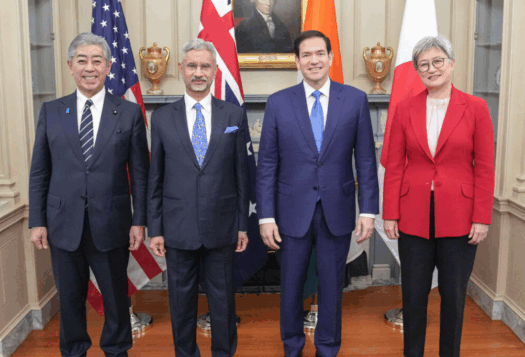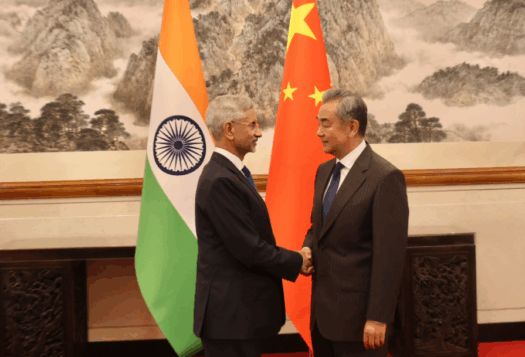
In light of China and Pakistan’s all-weather friendship, regional analysts have written extensively about their military cooperation. However, South Asia watchers have devoted considerably less attention to their space association. This is despite the fact that as part of the China-Pakistan Economic Corridor (CPEC) project, Beijing and Islamabad recently agreed to prioritize space collaboration.
Pakistan’s Space and Upper Atmosphere Research Commission (SUPARCO) has had little to flaunt, except for a few missiles and satellites that were either developed or launched with foreign assistance. The slow pace of space-related advances could be attributed to Western sanctions, resource constraints, and Pakistan’s focus on conventional and nuclear acquisitions, which left negligible funds to undertake ambitious space projects.
Since the early years of Pakistan’s space journey, China has been a pivotal partner. China was responsible for launching Pakistan’s first indigenously-made satellite, Badr-1, in July 1990. Soon after, China’s Ministry of Aerospace Industry and SUPARCO signed an agreement in 1991 on cooperation in space sciences and technology, but the progress thereafter was modest. Between 1990 and 2011, cooperation was mainly limited to personnel training and infrastructure development.
A major breakthrough came in August 2011, when China launched Pakistan’s maiden communications satellite, PAKSAT-1R, from Sichuan province, making it Beijing’s first “in-orbit delivery” on behalf of another Asian country. In June 2012, the two countries signed the 2012-2020 space cooperation roadmap between the China National Space Administration (CNSA) and SUPARCO, formalizing an outline for space cooperation over an eight-year period.
As Beijing’s space program becomes technologically advanced, Islamabad is likely to reap the rewards. China’s BeiDou (Compass) Navigation System and its assistance to set up the Pakistan Remote Sensing Satellite (PRSS) will benefit Pakistan’s civilian and military programs. BeiDou is PRC’s ongoing indigenous project to develop a satellite navigation system consisting of 35 satellites, seeking to end its reliance on the U.S.-backed Global Positioning System (GPS). Pakistan is in talks with China over BeiDou, in the hopes of gaining access to a protected navigational system and military-grade satellite imagery. Until Pakistan has a relatively mature and independent space program, access to satellite data from China is quite possible, owing to close relations between the People’s Liberation Army (PLA) and Pakistan’s defense forces.
Apart from BeiDou, Pakistan has also requested China’s participation in the development of PRSS. Scheduled for launch in 2018, PRSS will be developed and launched through international collaboration. Once established, PRSS will prove beneficial for the Pakistani forces, especially in terms of reconnaissance and surveillance during peace and wartime. However, SUPARCO’s space technologies remain far behind the country’s actual needs, and the agency’s scope pales in comparison to its Indian counterpart, despite generous Chinese assistance.
Another potential area flagged for collaboration is joint launch of space missions. Pakistan has already expressed keenness to have “a Pakistani astronaut aboard a Chinese spacecraft” going to space. High-end technology cooperation bears high-value symbolism, making it a perfect tool for China and Pakistan to showcase their timeless friendship. Due to Pakistan’s periodic castigation for its alleged involvement in terrorism, it becomes relatively difficult for Islamabad to have greater cooperation with advanced industrial nations that could have otherwise provided such technologies.
Moreover, Chinese companies have immense support from the government through subsidies and soft loans, and thus they are able to offer concessional deals to developing countries. Backed by subsidies from Chinese state banks, it is easier for companies to look for customers in areas that are largely ignored by other international players due to risk of loss or limited profits.
Although Beijing’s assistance to Islamabad in the space domain has boosted Pakistan’s space program, it’s not for free. Pakistan is required to repay the loans borrowed from China, thereby not compromising Beijing’s economic interests. China is also known to be more flexible than other countries as it “accepts commodities rather than cash as repayment” and is lenient at times due to “geopolitical considerations.”
While Islamabad’s space program benefits from Beijing’s technical and financial assistance, China also gains by selling its maturing space technologies to Pakistan, and earning recognition to attract other potential customers.To illustrate, Syed Fazl-e-Haider, a Pakistan-based development analyst, explains that China’s transfer of space technology “would help Pakistan achieve its ambitious goals of economic progress and impregnable defence.” Islamabad could return the favor, he contends, by helping Beijing establish a “station on its soil to track Chinese satellites.”
China does not expect any major benefit from Pakistan or similar clients in space cooperation, due to both their dependence on China and their lack of sophisticated technology. Beijing sees these as opportunities for market expansion, as opposed to revenue generation. Such cooperation can also be a source of leverage (in the long term) for China among developing countries, a sort of soft power. In view of their symbiotic relationship, Islamabad and Beijing’s all-weather friendship is clearly on an upper-atmospheric trajectory.
***


